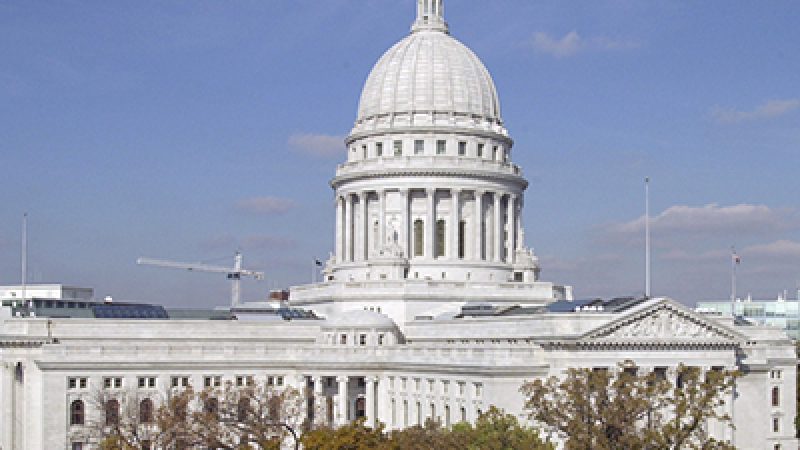A Dane County Circuit Court judge is mulling his next step in a lawsuit challenging the constitutionality of the recent lame-duck session, after hearing arguments on blocking laws passed during the session.
The suit, filed in January by the League of Women Voters and other groups, alleges the December extraordinary session wasn’t properly convened under the Wisconsin Constitution, rendering the laws invalid.
Attorneys for the plaintiffs, Legislature and Gov. Tony Evers made their cases Monday before Judge Richard Niess, who opted not to deliver a ruling from the bench. The suit is one of four challenging the laws.
In this case, Jeff Mandell, an attorney for the plaintiffs said it’s illegal to hold extraordinary sessions, while the Legislature, represented by former Solicitor General Misha Tseytlin, countered the body is free to meet at any point over the biennium.
>> WisPolitics is now on the State Affairs network. Get custom keyword notifications, bill tracking and all WisPolitics content. Get the app or access via desktop.
Specifically, Tseytlin argued legislative sessions essentially are ongoing over the course of a two-year period, and conclude at the end of the second year of the biennium. That would mean the last session, which was first convened in January 2017, lasted through the end of 2018.
And Tseytlin framed extraordinary sessions as a “routine part of government that’s been going on for decades.”
He also said if the Legislature isn’t able to meet in extraordinary session, as the League of Women Voters and other plaintiffs are arguing, the ruling would invalidate any legislation passed during previous sessions.
If that happens, he said, term lengths for district attorneys and sheriffs would no longer be valid, meaning convictions over the last two decades would be overturned.
Niess interrupted: “You’re saying if I rule against you, I’m opening the prison doors?”
“I really don’t see how you don’t,” Tseytlin responded.
But Mandell countered it “simply isn’t the case disaster will reign” if his side perseveres.
He noted the court could opt not to apply the ruling retroactively, a move he said wouldn’t be “unusual.” And he said, for the most part, the laws passed in extraordinary sessions “are not controversial” and could easily be readopted. That includes, he said, a 2003 law designating the cranberry as state fruit.
Mandell noted while the Legislature has convened in extraordinary session previously, that fact alone doesn’t imply legality.
“Unconstitutional practices, your honor, are not cured by repetition,” he said.
Mandell also pushed back on Tseytlin’s argument on the length of a session, noting state law prohibits lobbyists from making donations to lawmakers’ campaigns until the end of the legislative session. Legislators, he said, accepted those donations last year, during the time frame Tseytlin has said the session was still ongoing.



